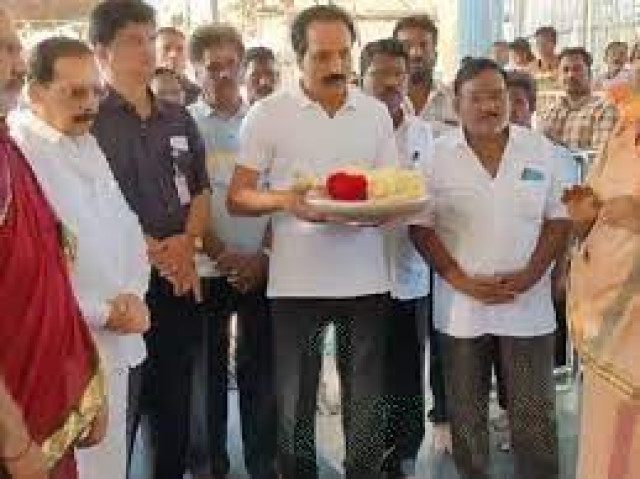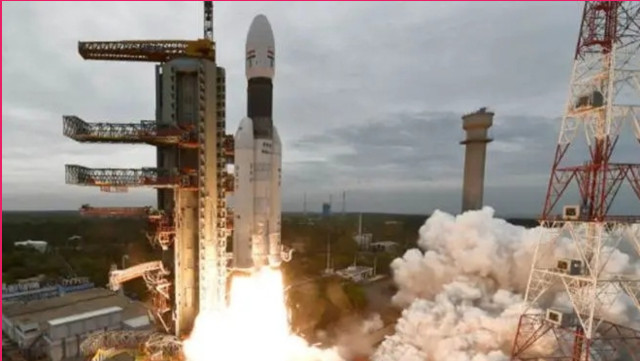Chief of ISRO, Dr. S. Somanath, was diagnosed with cancer.
- Posted on March 4, 2024
- Technology
- By Arijit Dutta
- 434 Views
In an interview, Somanath confirmed that cancer was detected through scanning. He mentioned that there were some health issues even during the Chandrayaan-3 mission launch. However, nothing was clear at that time. He stated that it was on the day of the Aditya mission launch that he became aware of this illness.

On the day of the launch of Aditya-L1, the chief of ISRO, Dr. S. Somanath, was diagnosed with cancer. However, he did not lose hope. He underwent chemotherapy, and medications are still ongoing. Dr. S. Somanath, the head of the Indian Space Research Organization (ISRO), shared startling information about his health in an interview with a leading media house. He revealed that on the day India's first solar mission, Aditya-L1, was scheduled to launch, he found out he had cancer.
Somanath said, "I had concerns about my health since the launch of the Chandrayaan-3 mission. At that time, I wasn't aware it was cancer. I couldn't understand it clearly."
Also read: Shah Cheragh Shrine Iran: At Least One Killed, Several Injured
Aditya-L1 was launched on September 2, 2023.
Somanath disclosed that it was on the day of the Aditya-L1 mission launch that he learned about his cancer, which was a big shock for his family and colleagues. On September 2, 2023, Aditya-L1 was launched, and on the same day, Somanath underwent a routine scan. The scan revealed cancer in his abdomen.
For further examination, Somanath went to Chennai, where it was confirmed that he had cancer, likely due to genetics. Subsequently, S. Somanath underwent surgery and chemotherapy. Speaking about the confirmation of cancer, Somanath said, "It was a big shock for my family. Now, I consider cancer and its treatment as a solution."
Somanath spent four days in the hospital. He said, "At that time, I wasn't sure if cancer could be completely cured. I underwent treatment. The rapid improvement in my health after treatment was nothing short of a miracle. I stayed in the hospital for only four days. On the fifth day, I resumed my duties at ISRO. I will undergo regular check-ups and scans. Now, I am completely fine."




